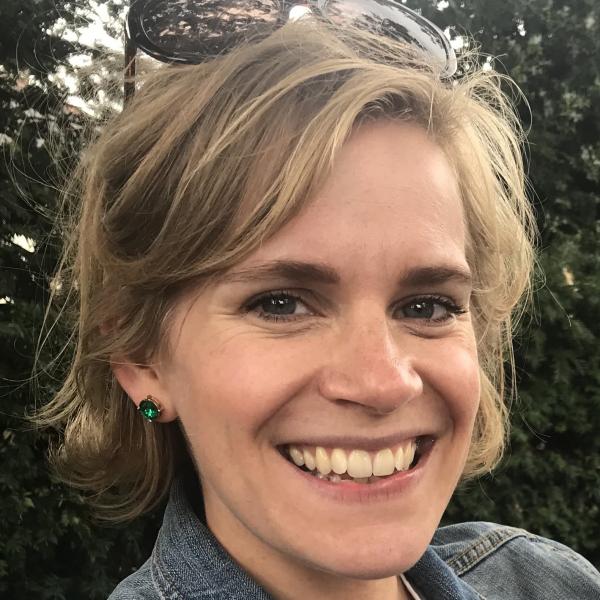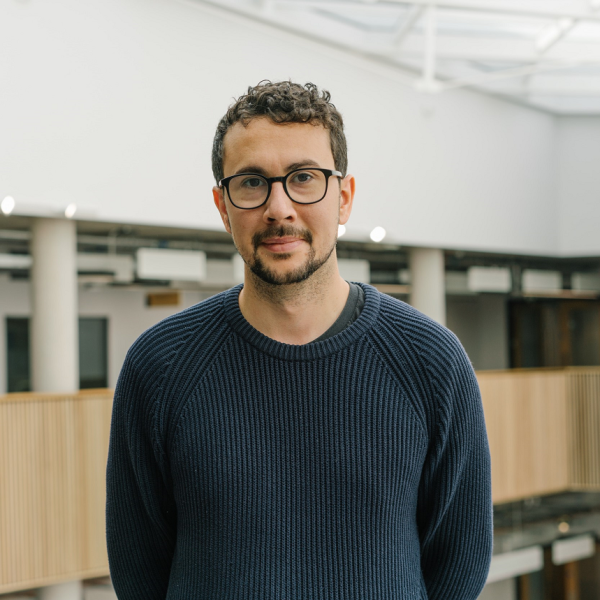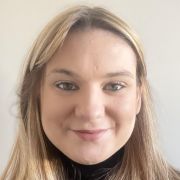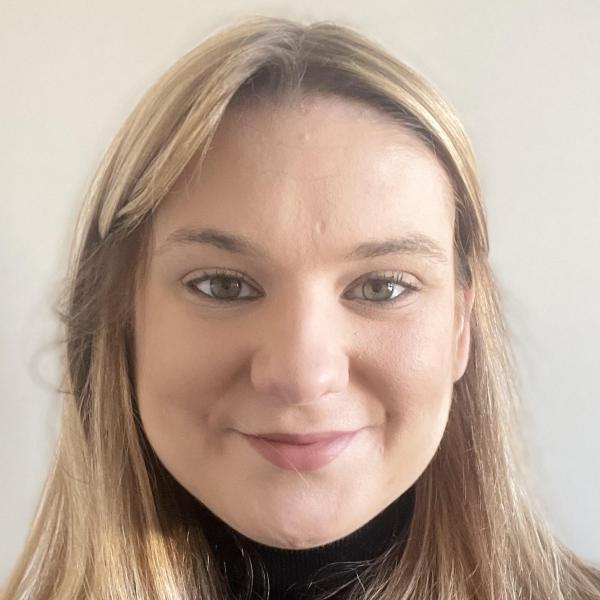Sheffield Methods Institute academic staff
If you aren’t sure who to contact then get in touch using our general contact details.
Staff A-Z
B


Professor Andrew Bell
Professor of Quantitative Social SciencesCurrent Teaching: MA Social Research
- Email address
-
andrew.j.d.bell@sheffield.ac.uk
- Telephone
- +44 114 222 6065
G
H

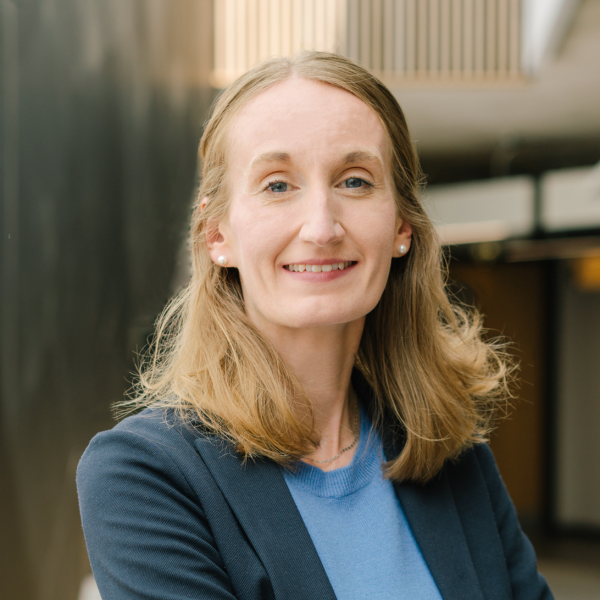
Dr Christine Huebner
Lecturer in Quantitative Social SciencesCurrent Teaching: BA/BSc Politics, Philosophy & Economics
- Email address
-
c.huebner@sheffield.ac.uk
- Telephone
- +44 114 222 0172
M


Dr Will Mason
Senior Lecturer in Qualitative MethodsCurrent Teaching: MA Social Research & BA Applied Social Sciences
- Email address
-
w.j.mason@sheffield.ac.uk
- Telephone
- +44 114 222 8368
N
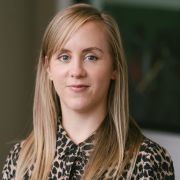
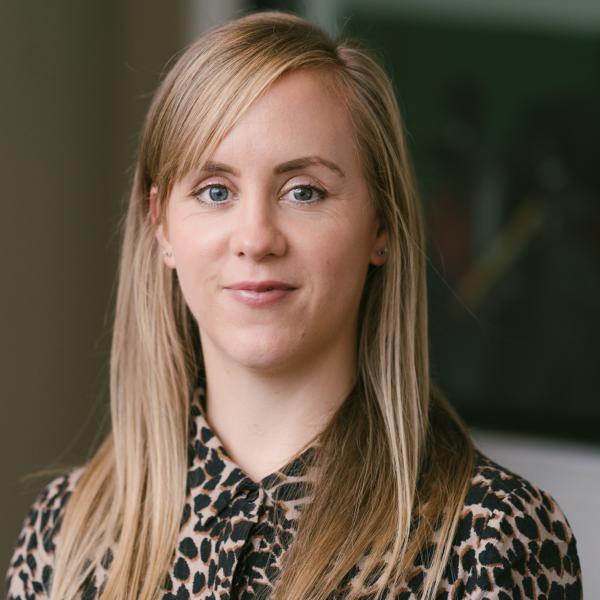
Dr Kitty Nichols
Senior University TeacherCurrent Teaching: BA Applied Social Sciences & MA Social Research
- Email address
-
k.nichols@sheffield.ac.uk
- Telephone
- +44 114 222 6064
P


Dr Aneta Piekut
Senior Lecturer in Quantitative Social SciencesCurrent Teaching: BA Applied Social Sciences
Research interests:
- Migration studies
- Mixed-method research
- Attitudes to migration
- Social cohesion and ethnic diversity
- Email address
-
a.piekut@sheffield.ac.uk
- Telephone
- +44 114 222 6288
S
T

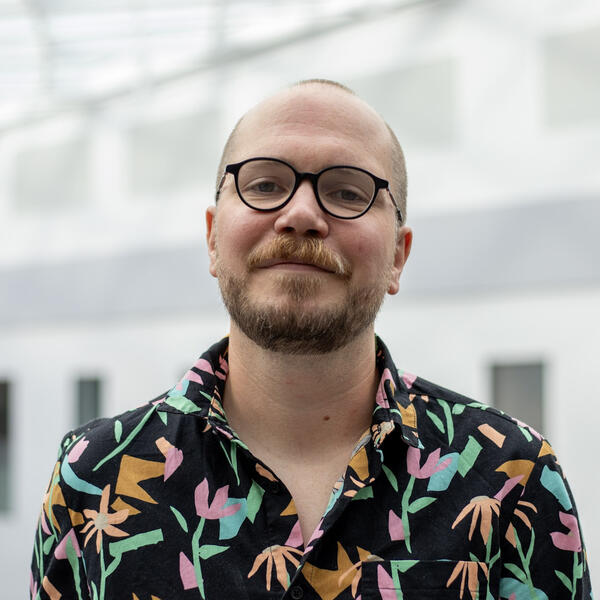
Professor Mark Taylor
Professor of Quantitative Social SciencesCurrent Teaching: MA Social Research
- Email address
-
m.r.taylor@sheffield.ac.uk
- Telephone
- +44 114 222 7124

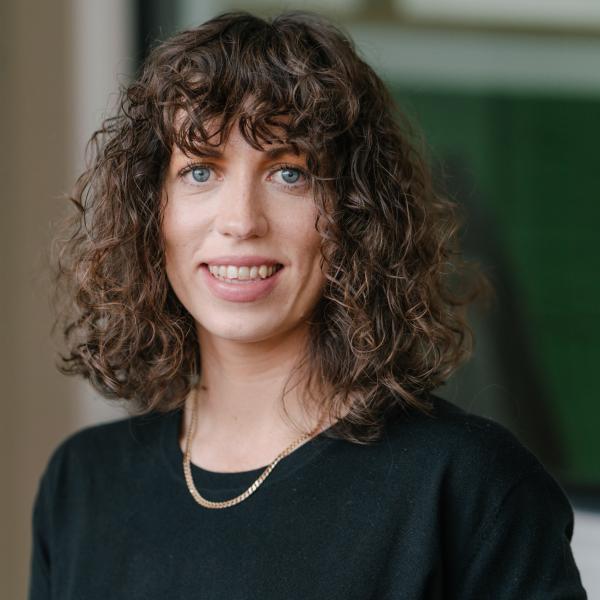
Dr Abigail Tazzyman
Lecturer in Social Research MethodsCurrent Teaching: BA Applied Social Sciences & MA Social Research
- Email address
-
a.tazzyman@sheffield.ac.uk
- Telephone
- +44 114 222 8360
W

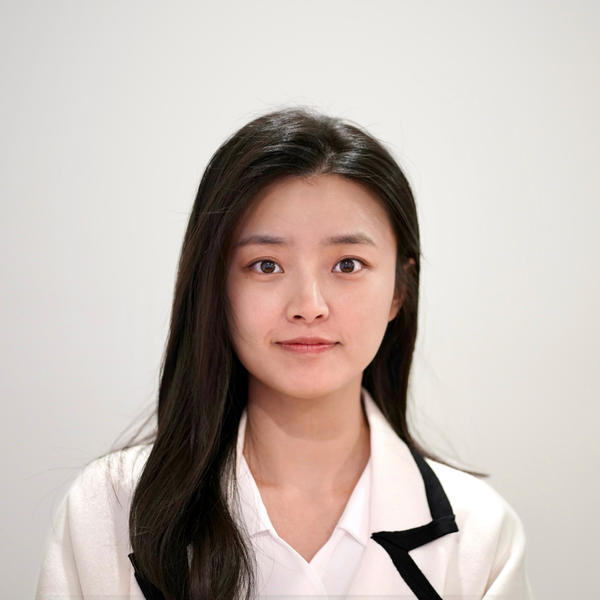
- Email address
-
r.wang@sheffield.ac.uk
- Telephone
- +44 114 222 8345


- Email address
-
c.j.webb@sheffield.ac.uk
- Telephone
- +44 114 222 7125


